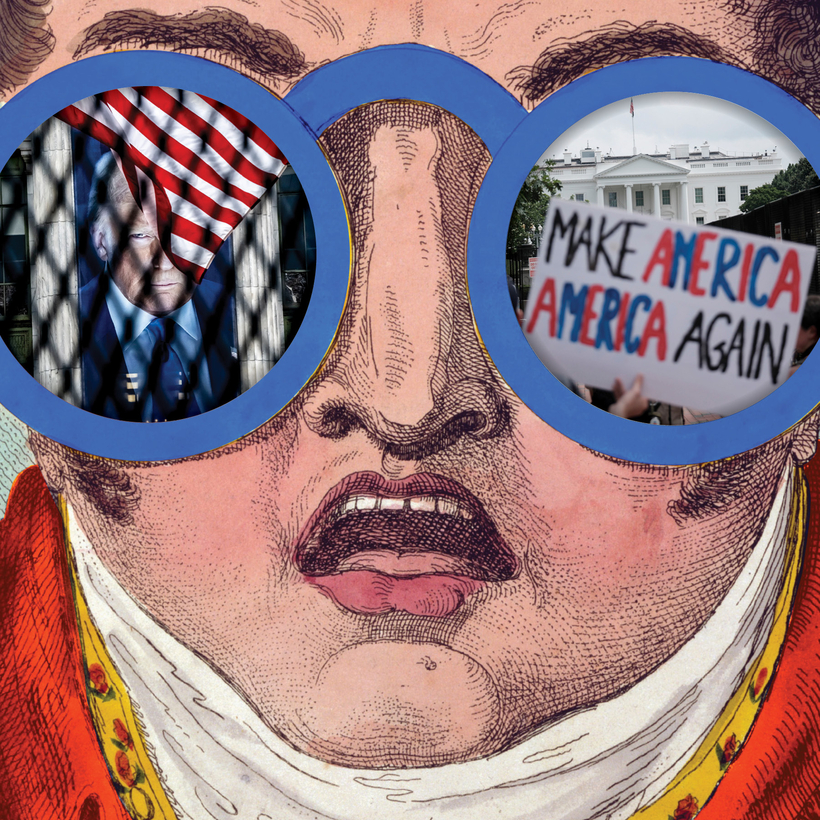America’s version of Fascism is arriving far faster than we ever expected. Yesterday, deportations to El Salvador and South Sudan; today, masked ICE agents grabbing people off the streets of Los Angeles, backed up by Humvees full of National Guard troops; tomorrow, unprecedented Medicaid cuts leaving millions without care. What can we do to fight back, throw sand in the gears, make clear that this is not the country we want?
All of us should feel proud that so many Americans took part in the peaceful “No Kings” marches and rallies, on June 14. The American Civil Liberties Union, a co-sponsor, estimated a total turnout of five million people in 2,100 separate locations. And not just in blue-state big cities but deep in Trump country, too: in towns such as Summerville, South Carolina, 13 communities in Nebraska, and at least 24 across Alaska. More than 1,500 people turned out in Mobile, Alabama. By scheduling the protests when they did, organizers cleverly overshadowed Trump’s long-sought military parade, in Washington, D.C. The demonstrations marked the end of five months of shock and paralysis at watching the federal government fall victim to Elon Musk’s chain saw, but they were only a start.


